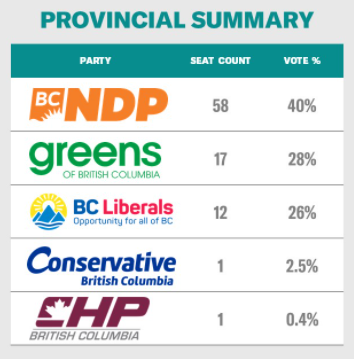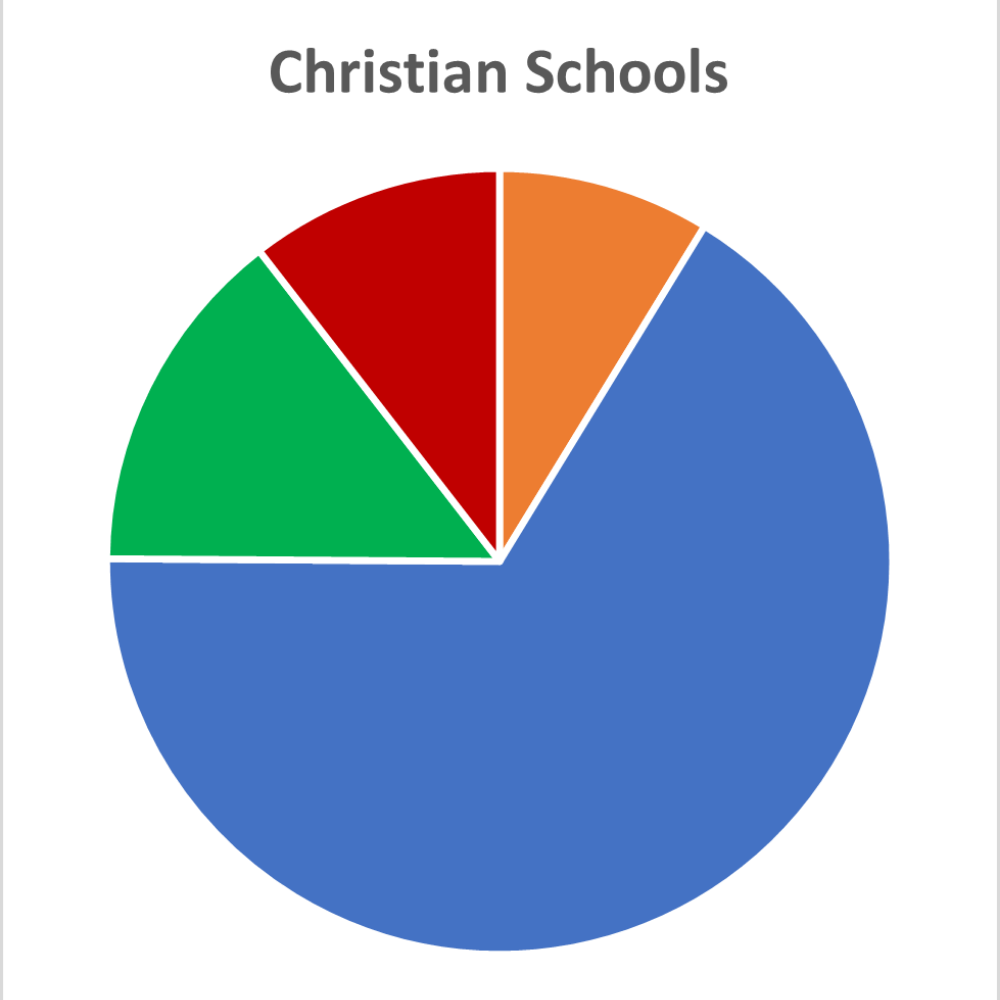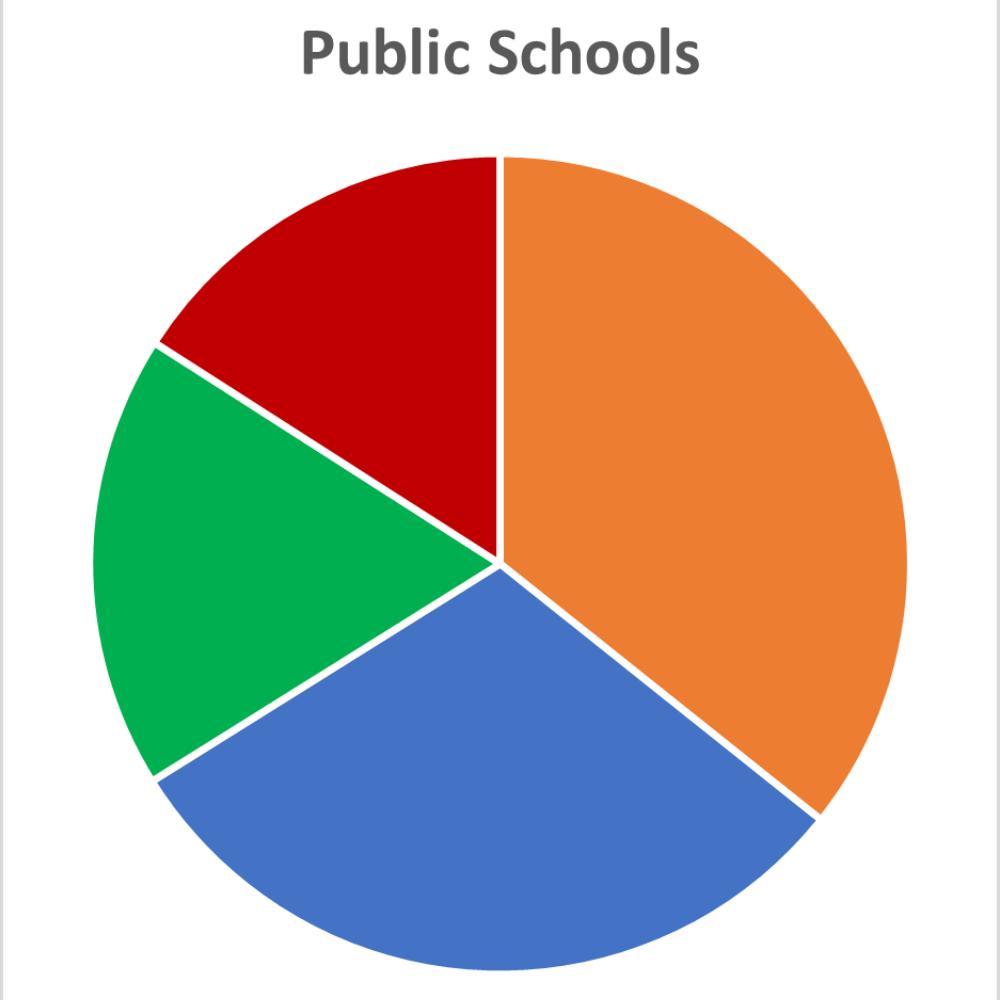What if British Columbia and Canada were governed by students?
Two weeks ago, British Columbians went to the polls to elect a new provincial government. A little over a year ago, Canadians also elected a new federal government. We all know the outcomes: the BC NDP won a solid majority at the provincial level, with the BC Liberals bleeding seats and BC Greens maintaining their support. At the federal level, the Liberals won a minority government. The Conservatives formed the official opposition, though under-performed expectations. The NDP staved off collapse. The Bloc Quebecois made a resurgence in Quebec. The Greens failed to capitalize on recent provincial successes. And the upstart People’s Party failed to gain a seat.
But imagine a parallel universe in which British Columbia and all of Canada were ruled not by adults, but by students.
Student Vote Results
This parallel universe is constructed by CIVIX, the facilitator of Student Vote. Student Vote allows students at elementary, middle, and high schools across a province or across the country to vote for their preferred candidate, even though these votes do not count in the actual elections. Student Vote counted and calculated their own electoral results.
[/vc_column_text]
[/vc_column][/vc_row]

Are there any patterns to these student votes? Yes. We can clearly see that young people lean further to the left than the general Canadian population. In the British Columbian election, the right-leaning parties (the Liberals, Conservatives, and CHP) were less popular with students, although the students did elect one Conservative and one CHP MLA when the adults did not. At the federal level, the right-wing Conservatives and (left-of-) centrist Liberals also received far fewer seats and fewer votes from the students. In both cases, the leftist NDP and Green parties performed far better in the student elections than in the actual elections.
The Important Lesson
CIVIX conducts the Student Vote so that students can learn about the political process and political parties. But the greatest lesson taught by the results of the student vote might be for adults.
Schools are not neutral. Teachers are not neutral. School culture is not neutral. Peer pressure is not neutral. All aspects of school impact the worldview and actions of students.
We can see this even more clearly in a closer analysis of the Student Vote results, which actually allows you to see how students in each school voted. There is a big difference in how students at Christian schools vote and how students at public schools vote.
Take, for example, the riding of Abbotsford, British Columbia in last year’s federal election. The students of the 4 Christian Schools voted very differently than the students of the 23 public schools.


Christian parents must grasp this importance too. Parents should not expect to inoculate children in the home or at church against unbiblical teaching or negative peer pressure that may exist at a particular school. Christian education must be recognized for what it is: an indispensable part of “training up a child in the way he should go.” Christian education does not automatically guarantee that all students will have the same perspective on every topic or prompt future citizens to vote solely vote for a particular political party. There is a diversity of political thought in Christian schools (see above). Instead, a Christian education provides a Christian framework within which to view all of life, including politics.
The critical importance of education in children’s lives should not only spur parents to send their children to a Christian school, but also encourage them to defend accreditation, independence, and funding for Christian schools in the political realm. Accreditation is required so that governments and society recognize the legitimacy of education obtained in independent Christian schools. Independence is essential so that schools may teach and operate in line with the Word of God rather than the whims of men. Funding is important because it allows parents of all financial means to enrol their children in Christian schools.
The next generation will elect our future governments. The worldview and education that shape them now will shape the future of our country’s political landscape. Continue to stand up for Christian education and continue to train our young people about a Christian perspective on politics.
Levi Minderhoud is the BC Manager for ARPA Canada